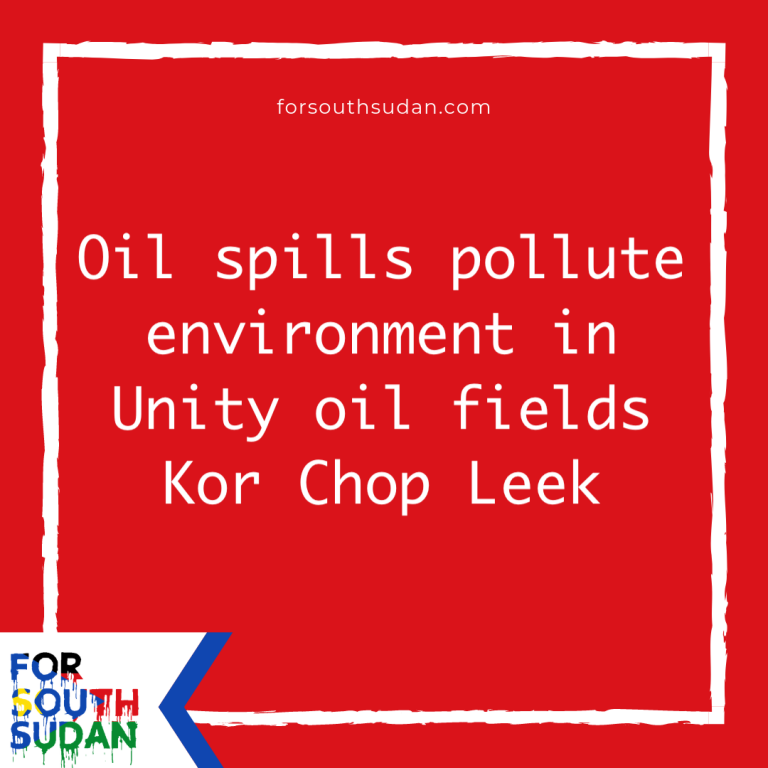Courageous reporter Joseph Oduha of We Are Witness: two important articles on the media crackdown in South Sudan and Sudan
“Media and civil society operating at high risk in South Sudan”
Influential Norwegian NGO calls upon world to join to protect freedom of expression in South Sudan
By Joseph Oduha
February 19, 2019
“We are well aware that both media and civil society in general are operating at a high risk in South Sudan. At our meetings with representatives of the media in South Sudan, they told us about colleagues recently killed,” states Henriette Killi Westhrin, the renowned Norwegian politician. She is secretary general of Norwegian Peoples’ Aid, which is one of the country’s leading human and land rights protection organizations.
Westhrin called upon the world to unit to compel South Sudan’s government to reverse its efforts to curtail freedom of speech and the media. To that end, she proposed that any funding given to the war-torn country be coupled with measures to protect these rights.
“I think it is vitally important for the world’s society to take a clear stand in this regard, for it to say extremely loud and clear that the violations of freedoms of expression will not be accepted, that this society simply is not prepared to provide funding to such a government,” Westhrin concluded.
Sudan: quelling unrest by persecuting journalists
By Joseph Oduha
February 18, 2019
Seventy nine journalists have been arrested in Sudan over the last two months, states Reporters Without Borders (known by its acronym in French of “RSF”).
The journalists’ “crimes”:
(1) defying the regime of president Omar al-Bashir’s censorship and reporting on the unrests rocking Sudan since December 19, 2018’s increasing by the regime of the price of bread.
(2) reporting on the arrest of colleagues
(3) or simply being a journalist who might cover the arrests.
The standard pattern is to detain the journalists for several days or even weeks.
The arrests are reportedly being coupled with seizures of editions of newspapers by the Sudan’s brutal National Intelligence and Security Service (NISS) and by the issuing death threats and other forms of intimidation. These have caused a number of journalists to flee for their lives.
Seemingly good news
All journalists that were detained have by now been released from prison. Their releases came after al-Bashir met with newspaper editors on February 6th.
“The release of detained journalists is far from ending the crackdown on the media,” said Arnaud Froger, the head of RSF’s Africa desk.
”We call for an end to all forms of censorship, including an end to the repeated seizures of newspaper issues and the dropping of all judicial proceedings against media personnel. There will be no resolution of the crisis in Sudan if journalists are not free to cover what is happening,” Froger stressed.
Sudan is ranked 174th out of 180 countries in in RSF’s 2018 World Press Freedom Index.


